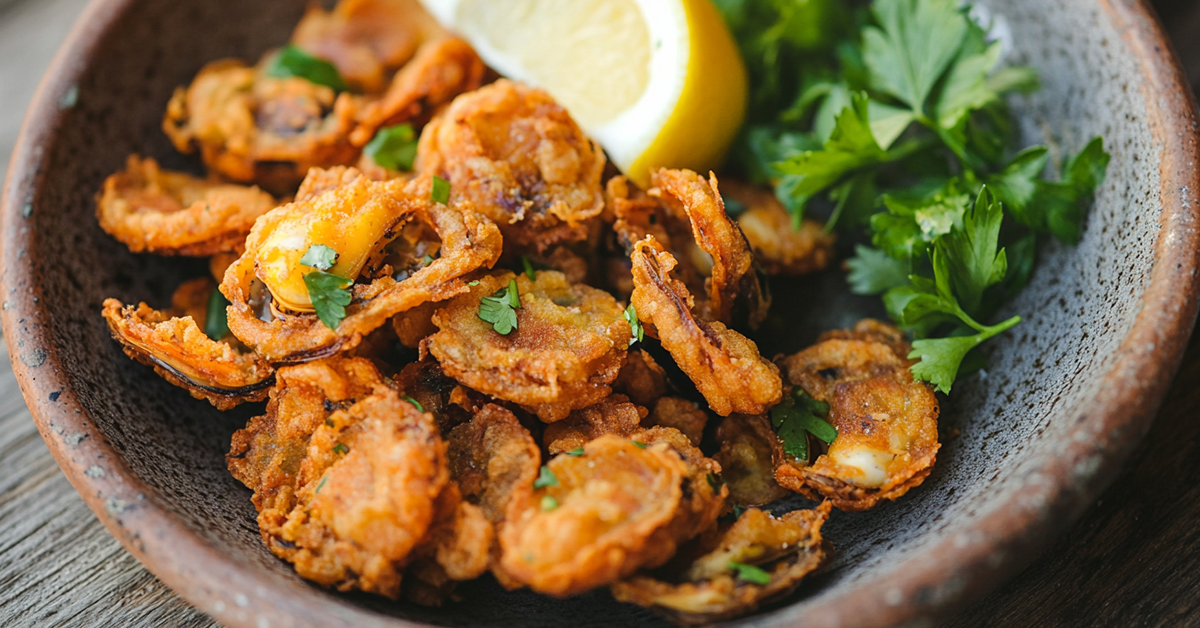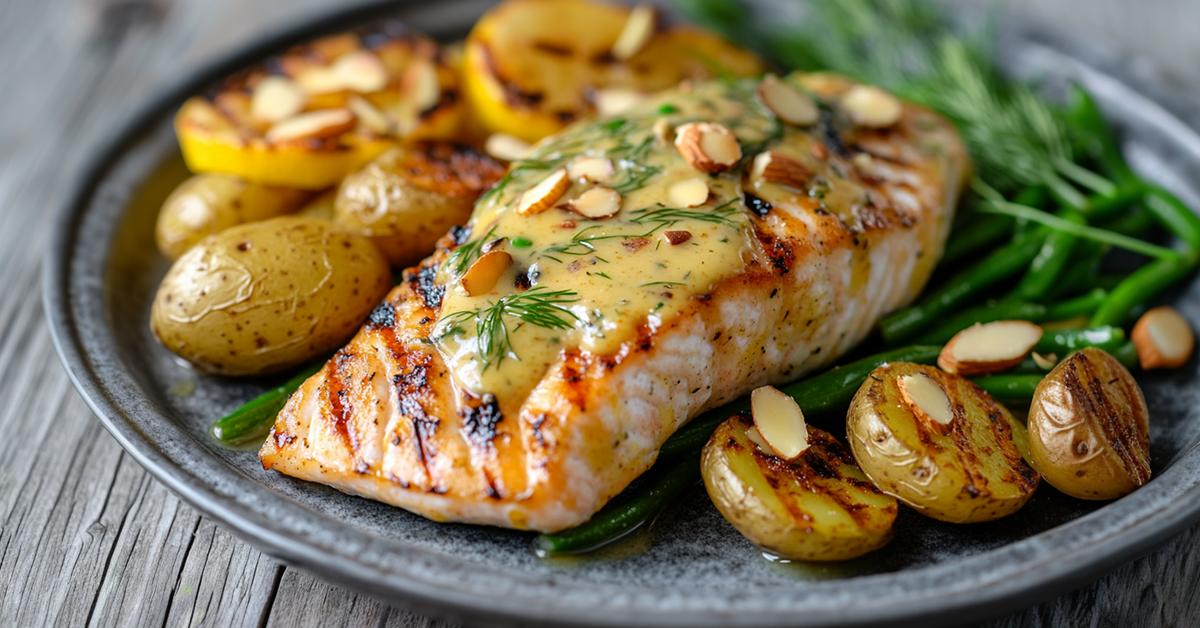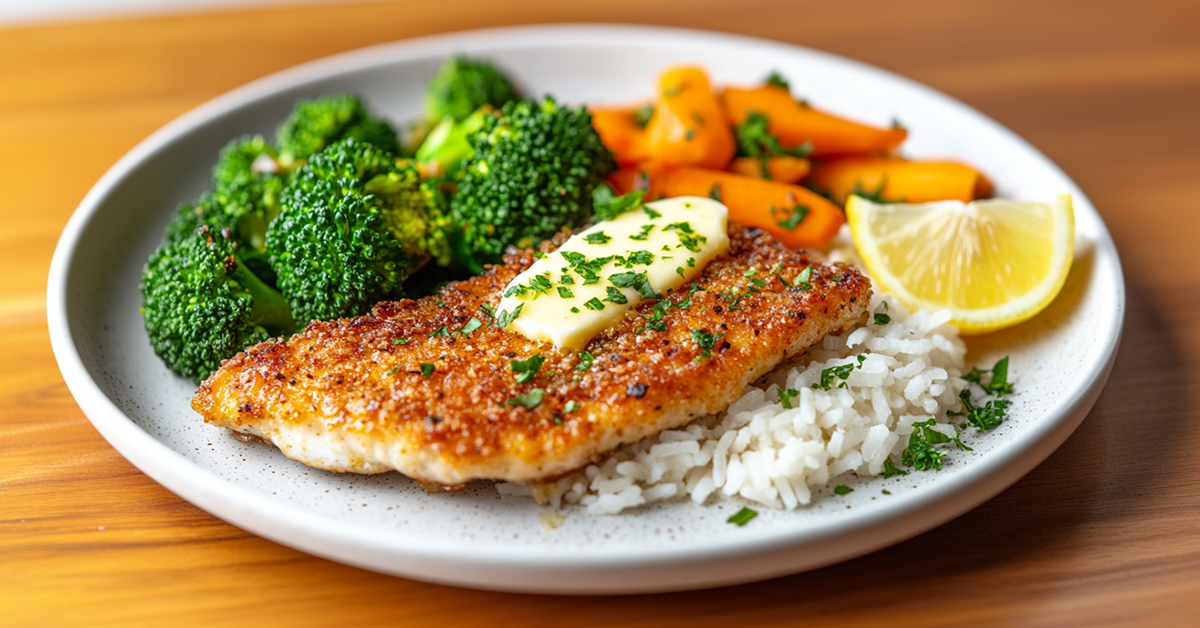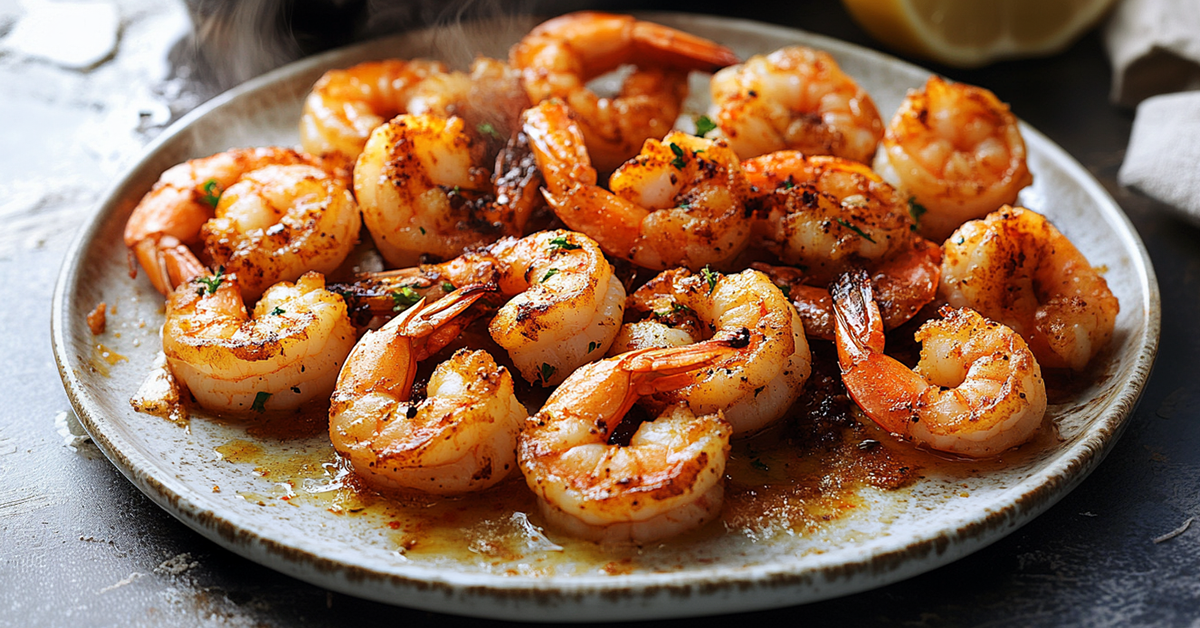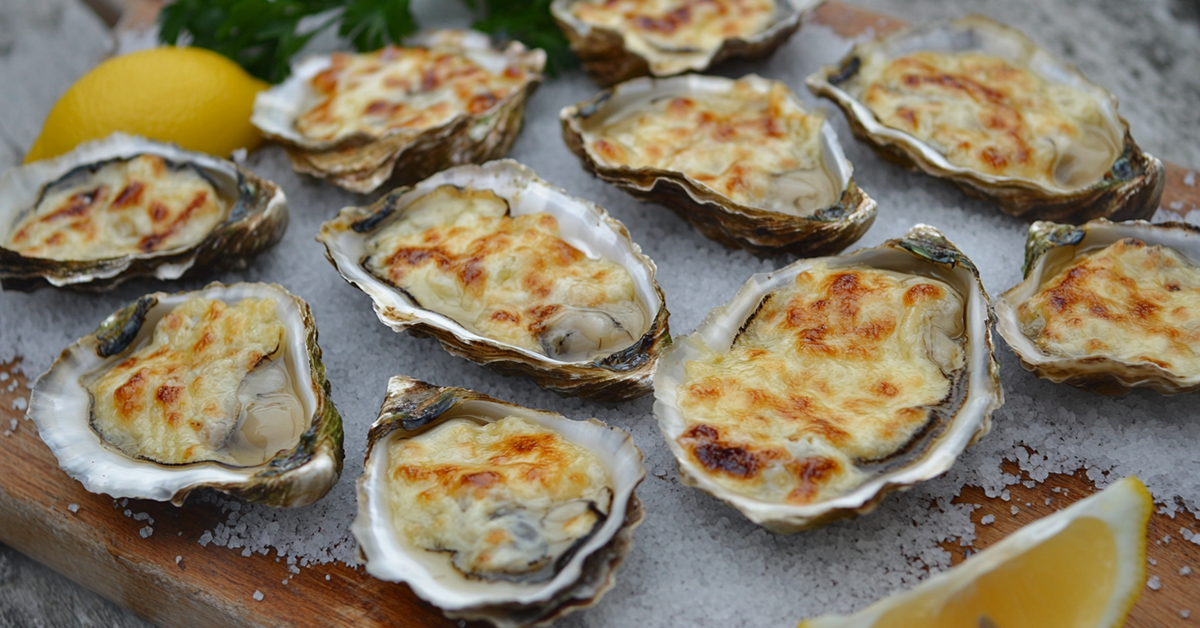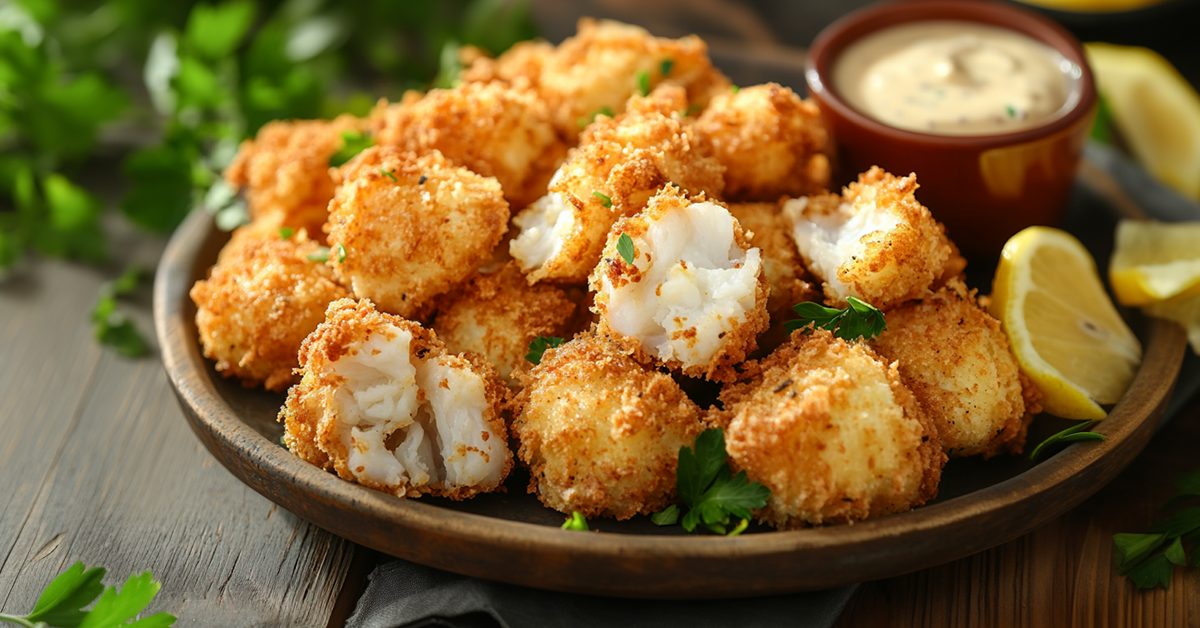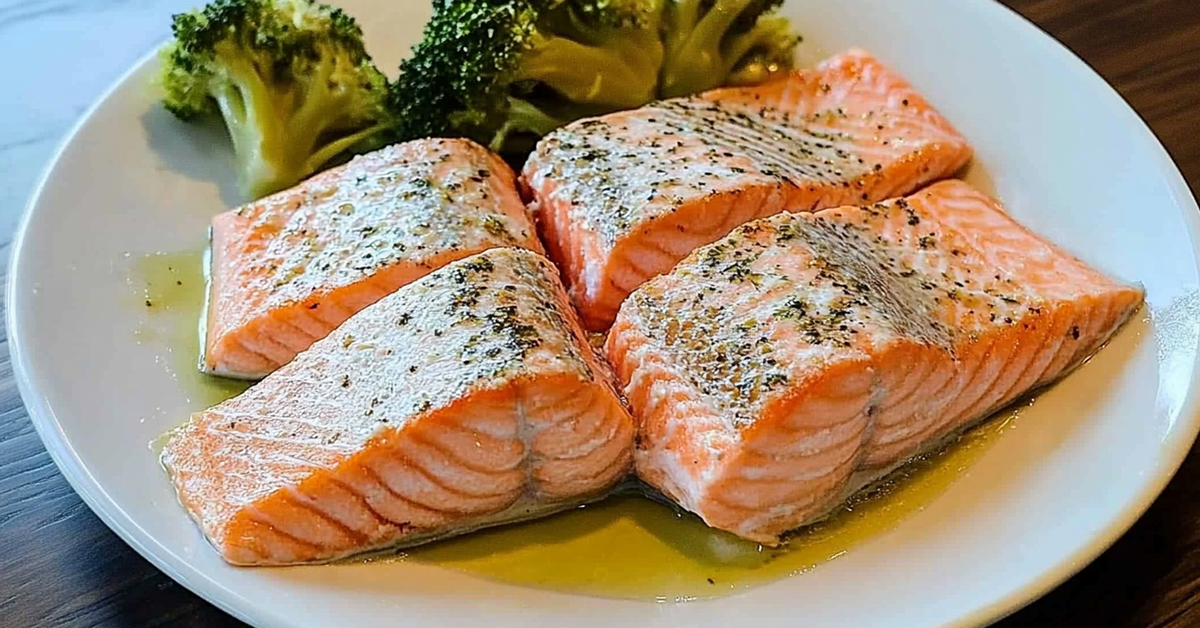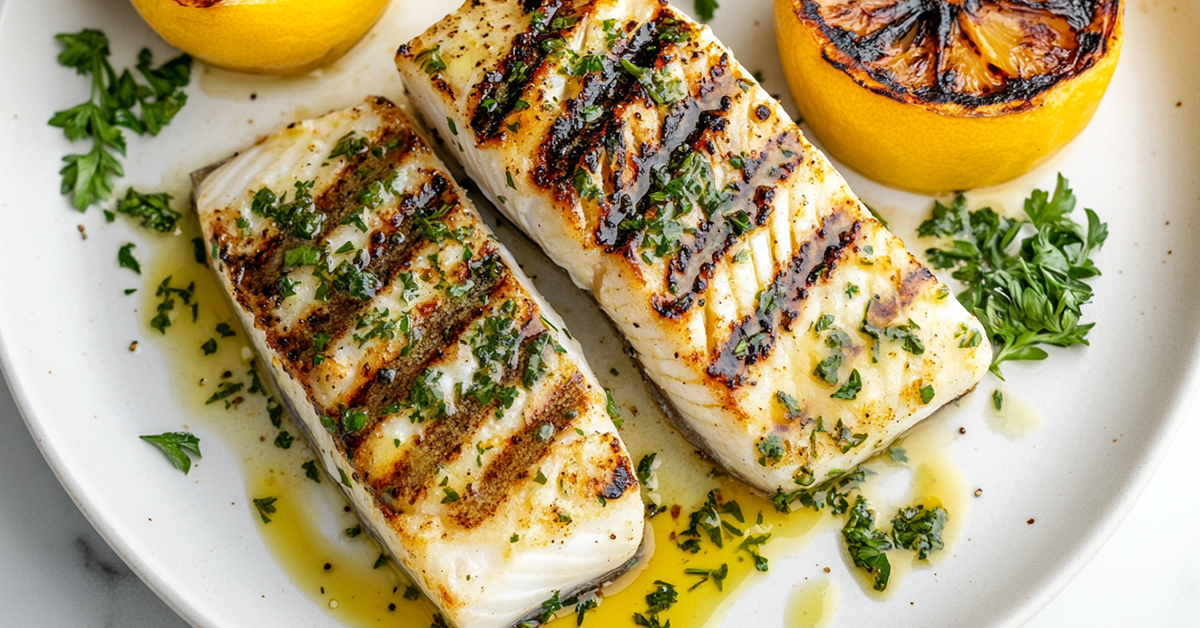Crispy on the outside, tender and juicy on the inside – perfectly fried mussels are a seafood lover’s delight that might seem challenging to recreate at home. You’ve probably tasted these delectable morsels at restaurants but hesitated to try making them yourself.
However, after learning the authentic technique for Italian style mussels during my time in Sicily, you’ll discover it’s surprisingly straightforward to achieve restaurant-quality results in your own kitchen. In fact, this foolproof method eliminates common pitfalls like rubbery texture or greasy coating. Whether you prefer deep fried mussels or pan fried mussels, this guide will walk you through every step of creating this Mediterranean delicacy, from selecting the freshest seafood to achieving that perfect golden crust.
Table of Contents
Understanding Mussels: A Guide to Selection
Selecting the right mussels is the foundation of creating delicious fried mussels at home. First thing to remember, fresh mussels should feel heavy for their size and be tightly closed or close when you tap them gently.
When you’re at the market, look for mussels with these key indicators of freshness:
- Shells that are glossy and wet-looking
- A fresh, clean ocean scent (not fishy)
- No cracked or broken shells
- Shells that are firmly closed or close when tapped
- A deep black-blue color
Furthermore, avoid mussels that feel light, have a strong fishy smell, or remain open when tapped. Specifically, if you find any mussels with broken shells or that won’t close, leave them behind – these are signs that the mussel isn’t alive and fresh.
Once you’ve chosen your mussels, proper storage is crucial. Keep them in a bowl covered with a damp cloth in the refrigerator. Additionally, avoid storing them in airtight containers or submerging them in water, as this can suffocate them. Fresh mussels should be used within 1-2 days of purchase for the best results in your fried mussel recipes.
When preparing for Italian style mussels, look for Mediterranean mussels, which are particularly well-suited for frying. These mussels are typically meatier and hold up well to high-heat cooking methods. Importantly, before cooking, clean your mussels by scrubbing the shells under cold running water and removing any “beards” (the fibrous strands sticking out from the shell) by pulling them toward the hinge of the shell.
For deep fried mussels or pan fried mussels, size consistency matters. Choose mussels of similar size to ensure even cooking. Medium-sized mussels work best for frying – they’re large enough to get a good bite but small enough to cook through quickly while staying tender.
Read also: Baked Mussels Recipe
Essential Equipment for Perfect Fried Mussels
To create restaurant-quality fried mussels at home, having the right equipment is essential. Your kitchen arsenal should include both basic tools and a few specialized items that make the process smoother and safer.
Here’s your essential equipment checklist:
- A heavy-bottomed deep pot or deep fryer
- Kitchen thermometer for precise oil temperature
- Spider strainer or slotted spoon
- Large mixing bowls for breading
- Fine-mesh strainer for draining
- Paper towel-lined baking sheet
- Sharp paring knife
- Kitchen towels or paper towels
- Heavy-duty tongs
- Shallow dishes for breading station
The Right Pot Matters A heavy-bottomed pot or deep fryer is crucial for maintaining steady oil temperature. Generally, a 6-quart Dutch oven works perfectly for deep fried mussels, offering enough space for the mussels to cook without overcrowding.
Temperature Control Moreover, a reliable kitchen thermometer is non-negotiable. Oil temperature can make or break your Italian style mussels – too hot, and they’ll burn; too cool, and they’ll become greasy. Essentially, you’ll want to maintain a steady temperature between 350-375°F.
Straining and Handling A spider strainer or large slotted spoon helps remove fried mussels safely from hot oil. Accordingly, invest in tools with long handles to keep your hands away from the hot oil. For pan fried mussels, sturdy tongs offer better control and safety.
Breading Station Setup Your breading station requires shallow dishes wide enough to work efficiently. Three separate containers allow you to set up a proper dredging station for flour, egg wash, and breadcrumbs. Large mixing bowls also come in handy for tossing and coating mussels evenly.
Drainage and Finishing A fine-mesh strainer helps remove excess breading before frying. Subsequently, prepare a paper towel-lined baking sheet for draining your fried mussels. This setup ensures your mussels stay crispy rather than becoming soggy from excess oil.
Read also: Smoked Mussels Recipe
Remember to organize your workspace with all equipment within arm’s reach. This arrangement makes the cooking process smoother and safer, especially since you’ll be working with hot oil.
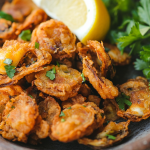
Fried Mussels Recipe
- Total Time: 60 minutes
Description
Transform fresh mussels into crispy, golden delicacies with this authentic Italian recipe that brings the taste of Mediterranean street food to your kitchen. This method creates perfectly crispy mussels with a light, flavorful coating that enhances their natural briny sweetness.
Initially discovered in the coastal regions of Italy, this recipe combines simple ingredients with precise timing to create irresistibly crispy fried mussels. The secret lies in the double-coating process and maintaining the perfect oil temperature.
Ingredients
- 2 pounds fresh mussels, cleaned and shelled
- ¾ cup all-purpose flour
- ¼ cup cornstarch
- 2 eggs
- 1 teaspoon salt
- 1 teaspoon garlic powder
- ½ teaspoon black pepper
- Canola oil for frying
Instructions
- Clean and prepare the mussels by removing them from their shells. Afterward, wash thoroughly and remove any remaining beards.
- Mix flour, cornstarch, salt, garlic powder, and pepper in a bowl to create your coating mixture.
- Heat oil in a deep pan to 350°F (175°C).
- Meanwhile, dredge each mussel in the flour mixture, ensuring complete coverage.
- Carefully place the coated mussels in hot oil, cooking in small batches for 5-7 minutes until golden and crispy.
- Remove with a slotted spoon and drain on paper towels.
Notes
– For optimal results, maintain oil temperature between 340-350°F.
– Consequently, avoid overcrowding the pan as it lowers oil temperature.
– The mussels should be completely dry before coating.
– These are best enjoyed immediately after cooking.
- Prep Time: 30 minutes
- Cook Time: 30 minutes
- Category: Seafood
- Method: Frying
- Cuisine: Italian
Pro Tip: For extra crispiness, let the coated mussels rest for 5 minutes before frying. Finally, serve immediately with your favorite dipping sauce for the best texture and flavor.
Sauce and Accompaniment Guide
The perfect sauce can elevate your fried mussels from good to extraordinary. Although the crispy coating is delicious on its own, the right dipping sauce adds another dimension of flavor to your seafood creation.
Classic Sauce Options:
- Mustard-mayo blend with fresh cilantro and lime juice
- Creamy yogurt-based tarator sauce
- Spicy seafood sauce with paprika and garlic
- Louisiana-style remoulade
- Marie Rose sauce (British seafood classic)
In essence, each sauce brings its unique character to your fried mussels. The mustard-mayo combination offers a tangy kick, whereas the tarator sauce provides a creamy, nutty profile that complements the seafood perfectly.
Perfect Pairings Your fried mussels deserve thoughtful accompaniments that enhance their natural flavors. Consider these proven combinations:
| Accompaniment | Pairing Notes |
|---|---|
| Corn on the cob | Sweet contrast to briny mussels |
| Garlic bread | Ideal for sauce soaking |
| French fries | Classic crispy complement |
| Buckwheat bread | Hearty, nutty element |
Coupled with the right sides, your fried mussels become a complete meal. Above all, remember that starchy sides like bread or potatoes help absorb the delicious sauce and provide textural contrast to the crispy mussels.
For a traditional Italian approach, serve your fried mussels with day-old breadcrumbs mixed into the sauce. This technique, common in regions like Trieste, creates a thicker sauce that clings perfectly to each mussel.
Nonetheless, don’t feel limited by tradition. Modern interpretations include serving your fried mussels with quinoa salad or roasted vegetables. These lighter options provide a fresh contrast to the rich, fried seafood.
Similarly, consider adding a bright element to your plate. A simple coleslaw or Salad Nicoise offers a refreshing counterpoint to the warm, crispy mussels. These accompaniments not only add color to your presentation therefore making it more appealing but also balance the overall meal.
Serving and Presentation Ideas
Presentation transforms your fried mussels from a simple seafood dish into an Instagram-worthy masterpiece. Indeed, the way you plate these golden treasures can make them even more appetizing before the first bite.
Basic Plating Principles Create visual interest by following these essential steps:
- Start with a warmed plate
- Arrange mussels in an odd-numbered circular pattern
- Place sauce in small ramekins
- Add height with microgreens or herbs
- Finish with a light dusting of paprika or fresh cracked pepper
Temperature and Timing Keep your Italian style mussels at their peak by following these serving guidelines:
| Setting Type | Serving Temperature | Max Hold Time |
|---|---|---|
| Casual | 145-155°F | 10 minutes |
| Formal | 160-165°F | 5 minutes |
Color and Contrast In addition to temperature control, consider adding visual elements that make your deep fried mussels pop. Certainly, fresh herbs like flat-leaf parsley or chives provide both color and aroma. For instance, a scatter of red pepper flakes or microgreens creates striking contrast against the golden-brown coating.
Professional Touches Obviously, small details elevate your presentation. Place a wedge of fresh lemon wrapped in mesh to prevent seeds from falling. As a result, your guests can easily season their mussels without making a mess.
For formal occasions, consider these refined touches:
- Arrange pan fried mussels on a bed of rock salt
- Garnish with edible flowers like nasturtiums
- Use slate or marble serving plates for temperature retention
- Include fresh herbs still attached to their stems
Family-Style Service For casual gatherings, create an interactive experience by serving stir fried mussels in the center of the table. Place individual dipping bowls at each setting, alongside small plates for shells. This approach encourages sharing and conversation while maintaining the proper serving temperature of your fried mussels recipe.
You may like: Fried Rockfish Recipe
Remember to consider the practical aspects of eating. Provide small forks or picks for easy handling, and include both finger bowls and napkins. These thoughtful touches ensure your guests can fully enjoy their mussels fried to perfection without any dining awkwardness.
Perfect Wine and Beverage Pairings
Choosing the right beverage can enhance your fried mussels experience from delightful to extraordinary. Let’s explore the perfect pairings that complement these crispy seafood delicacies.
Italian wine recommendations
Undoubtedly, Italian white wines offer the most authentic pairing experience with your Italian style mussels. Verdicchio dei Castelli di Jesi stands out with its crisp minerality and subtle almond notes that perfectly balance the richness of deep fried mussels. Alternatively, a glass of Soave Classico brings refreshing citrus notes that cut through the crispy coating.
Serving temperature plays a crucial role in wine pairing success:
| Wine Type | Ideal Temperature | Notes |
|---|---|---|
| Light Whites | 45-50°F | Verdicchio, Soave |
| Full-Bodied Whites | 50-55°F | Vermentino |
| Light Reds | 55-60°F | Bardolino |
International wine options
Besides Italian varieties, several international wines pair beautifully with your fried mussels recipe. Spanish Albariño offers bright acidity and mineral notes that complement pan fried mussels perfectly. Correspondingly, a crisp French Muscadet brings oceanic minerality that echoes the briny sweetness of the seafood.
For those who prefer red wine, consider a light-bodied Austrian Zweigelt. Its subtle cherry notes and gentle tannins won’t overpower your stir fried mussels yet provide enough structure to stand up to the crispy coating.
Non-alcoholic pairings
Your mussels fried to perfection deserve equally thoughtful non-alcoholic companions. Consider these refreshing options:
- Sparkling water infused with fresh herbs and citrus
- Craft ginger beer with lime
- Cucumber-mint spritzer
- Dry hop-infused botanical drinks
- Fresh-pressed apple juice with a splash of sparkling water
The key to successful non-alcoholic pairings lies in balancing refreshing elements with complementary flavors. Likewise, serving temperature matters – keep these beverages well-chilled between 38-42°F for optimal enjoyment.
For a unique twist, try pairing your fried mussels with kombucha. Its natural effervescence and complex flavor profile create an interesting contrast with the rich, crispy seafood. Opt for varieties featuring ginger, lemon, or green tea notes to best complement your mussels.
Read also: Fried Clams Recipe
Health Benefits of Mussels
Beyond their delectable taste, mussels pack a powerful nutritional punch that makes them a smart choice for health-conscious food lovers. Even when preparing deep fried mussels, you’re still getting impressive nutritional benefits from these seafood gems.
Your plate of Italian style mussels delivers these key benefits:
- High-quality lean protein for muscle maintenance
- Essential omega-3 fatty acids
- Rich source of vitamin B12 and iron
- Sustainable seafood choice
- Natural source of selenium and zinc
Primarily, the cooking method affects the nutritional profile of your fried mussels recipe. Notwithstanding the added calories from frying, you can maximize health benefits by using heart-healthy oils and maintaining proper temperature control during cooking. This approach helps your pan fried mussels retain more of their natural nutrients.
Consider this nutrient comparison when preparing mussels:
| Cooking Method | Protein Retention | Fat Content |
|---|---|---|
| Deep Fried | High | Moderate |
| Pan Fried | High | Lower |
| Stir Fried | Highest | Lowest |
Markedly, the protein content in mussels remains largely intact regardless of cooking method. This makes your stir fried mussels an excellent option for building and maintaining muscle mass. The key lies in the preparation technique – a quick fry at the right temperature helps preserve the nutritional integrity while creating that irresistible crispy exterior.
Straightaway, you might notice increased energy levels after enjoying mussels fried to perfection. This boost comes from their impressive iron content, which helps transport oxygen throughout your body. Analogous to other seafood favorites, mussels provide essential minerals that support immune function and overall wellness.
The omega-3 fatty acids in mussels remain partially preserved even through the frying process. These beneficial fats support heart and brain health, making your fried mussels recipe more than just a tasty indulgence. By choosing fresh mussels and following proper cooking techniques, you’re creating a dish that balances enjoyment with nutrition.
References:
– Oh My Facts
Remember that portion control plays a crucial role in maximizing health benefits. A serving of 6-8 fried mussels provides ample protein while keeping calories in check. Pair your mussels with fresh vegetables or a light salad to create a well-rounded meal that satisfies both your taste buds and nutritional needs.
Nutritional Information
Understanding the nutritional content of your fried mussels helps you make informed decisions about portion sizes and preparation methods. Let’s break down exactly what you’re getting in each serving of this delicious seafood dish.
A standard serving of fried mussels (100 grams) provides these essential nutrients:
| Nutrient | Amount per Serving |
|---|---|
| Calories | 180-220 kcal |
| Protein | 12-15g |
| Total Fat | 10-12g |
| Carbohydrates | 8-10g |
| Iron | 4-5mg |
| Zinc | 1.5-2mg |
Essentially, the cooking method significantly impacts the final nutritional profile of your mussels. Here’s how different preparation techniques compare:
| Cooking Method | Calorie Range | Fat Content | Protein Retention |
|---|---|---|---|
| Deep Fried | 200-220 kcal | 12-15g | 95% |
| Pan Fried | 180-200 kcal | 8-10g | 90% |
| Stir Fried | 160-180 kcal | 6-8g | 85% |
Primarily, the breading and oil used in your fried mussels recipe contribute additional calories and fat. Yet, the protein content remains largely intact, making this dish a valuable source of lean protein. The cooking oil you choose can notably affect the nutritional profile – olive oil adds heart-healthy fats, fundamentally improving the overall nutritional value.
For portion control, consider these serving sizes:
- Appetizer portion: 4-6 mussels (approximately 100g)
- Main course: 8-10 mussels (approximately 200g)
- Family-style serving: 12-15 mussels per person (approximately 300g)
The breading used in Italian style mussels adds approximately:
- 30-40 calories per serving
- 5-6g of carbohydrates
- 1-2g of protein from flour proteins
Your deep fried mussels retain most of their original mineral content, including iron, zinc, and selenium. The high-heat cooking process has minimal impact on these essential nutrients. The crispy coating actually helps seal in these valuable nutrients, preserving their bioavailability.
When preparing pan fried mussels, you can reduce the caloric content by:
- Using a light coating of oil
- Choosing whole grain breadcrumbs
- Implementing proper oil temperature control
- Draining excess oil effectively
The nutritional profile of your stir fried mussels varies based on additional ingredients and sauces. A basic preparation typically contains fewer calories than deep or pan-fried versions, making it an excellent choice for those monitoring their caloric intake.
Remember that these nutritional values represent averages, and actual numbers may vary based on specific preparation methods, serving sizes, and additional ingredients used in your fried mussels recipe. The key is balancing enjoyment with mindful portion control to make the most of this nutritious seafood dish.
Conclusion
Mastering fried mussels at home opens up endless possibilities for creating restaurant-quality seafood dishes. Though the process might seem daunting at first, following these proven techniques ensures delicious results every time.
Armed with fresh ingredients, proper equipment, and the right temperature control, you’ll achieve that perfect golden-brown crust while preserving the natural flavors and nutrients of the mussels. Whether you choose deep-frying, pan-frying, or stir-frying, each method offers its unique advantages while delivering consistently excellent results.
Remember that success lies in the details – selecting fresh mussels, maintaining proper oil temperature, and pairing your creation with complementary sauces and beverages. Start with small batches as you perfect your technique, and soon you’ll confidently serve these crispy delicacies at your next dinner party.

